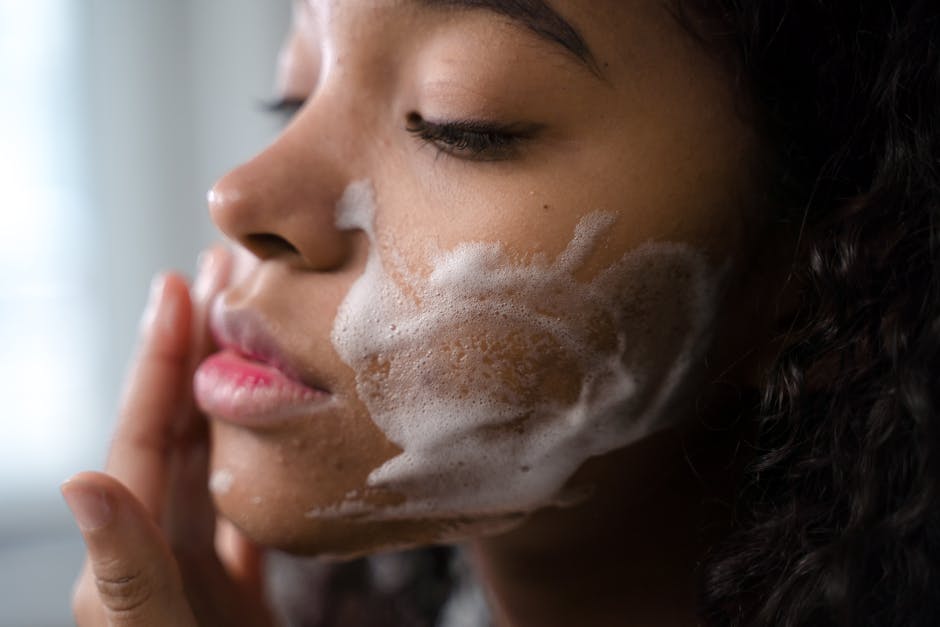
Surprising Allergy Triggers in Cleaning Products
Have you ever experienced an allergic reaction while cleaning your home? You may be surprised to learn that some cleaning products can be hidden allergy triggers. Understanding these triggers is crucial for protecting yourself and your family.
One of the most common allergens found in cleaning products is fragrance. Synthetic fragrances used in air fresheners, laundry detergents, and other cleaning agents can cause allergic reactions like sneezing, coughing, and skin rashes. Opting for unscented products or those labeled as hypoallergenic can help reduce the risk.
Another surprising trigger is formaldehyde, which can be present in certain cleaning solutions. Formaldehyde is a known allergen that can cause respiratory issues, skin irritation, and even cancer. Reading product labels and choosing formaldehyde-free alternatives is essential for avoiding this hidden trigger.
Some cleaning products contain strong chemicals like sodium hydroxide or bleach, which can irritate the respiratory system and trigger allergies. Proper ventilation and wearing protective gear, such as gloves and masks, can help minimize the risk when using these products.
Dust mites and pet dander are also commonly found in cleaning products, especially those designed for carpets and upholstery. These allergens can become airborne during cleaning, leading to allergic reactions in sensitive individuals. Vacuuming regularly and using cleaning solutions specifically designed to target allergens can help reduce the risk.
Lastly, certain enzymes used in stain removers can cause allergic reactions in some people. Protease and amylase enzymes, commonly found in laundry detergents and stain treatments, can trigger respiratory issues and skin irritation. Opting for enzyme-free alternatives or testing products on a small patch of skin before use is recommended.
To protect yourself and your family from these surprising allergy triggers, always read product labels and choose cleaning agents that are hypoallergenic, fragrance-free, and free from harmful chemicals like formaldehyde. Investing in high-quality air purifiers can also help improve indoor air quality and reduce the risk of allergic reactions.
